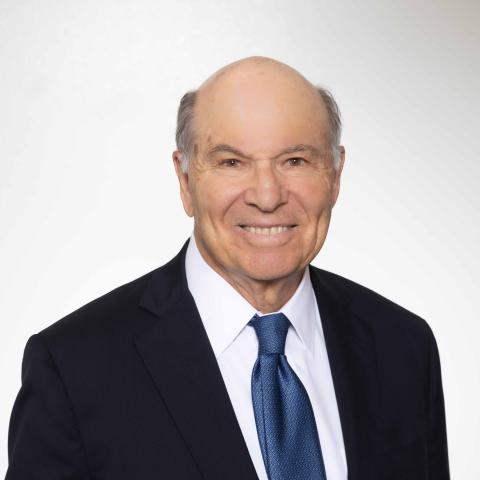
John Minna, M.D.
Dr. Minna is Director of the Hamon Center for Therapeutic Oncology Research, and Professor of Internal Medicine and Pharmacology at The University of Texas Southwestern Medical Center. He holds the Max L. Thomas Distinguished Chair in Molecular Pulmonary Oncology and the Sarah M. and Charles E. Seay Distinguished Chair in Cancer Research (1991-present). He graduated from Stanford Medical School where he did research with Dr. Leonard Herzenberg, was a resident at Massachusetts General Hospital, a Research Associate at the National Heart Lung and Blood Institute (under Dr. Marshal Nirenberg), Chief of the Section of Somatic Cell Genetics, Chief of the NCI-VA and then NCI-Navy Medical Oncology Branches at the National Cancer Institute (1975-1991). His work has focused on understanding the molecular pathogenesis of lung cancer and translating this into the clinic. As part of this he has trained many investigators in lung cancer research. He has led a joint Lung Cancer NCI Special Program of Research Excellence (SPORE) grant between UTSW and the MD Anderson Cancer Center and is part of several NCI and State of Texas Cancer Prevention and Research Institute (CPRIT) multi-investigator grants to discover new therapeutic approaches and personalized medicine for lung cancer. He co-leads the Experimental Therapeutics Program for the UTSW Simmons Cancer Center. Currently he is working with a team of UTSW and MDACC scientists to discover all of the “acquired vulnerabilities” in lung cancer and their associated predictive molecular signatures to provide a new functional classification of lung cancer and rationale therapeutics for all new lung cancer patients. He has served on the Board of Scientific Advisors of the National Cancer Institute, Scientific Advisory Boards for several Cancer Centers, several cancer research foundation including the V-Foundation, Forbeck Foundation, as well as for the National Cancer Institute, the Board of Directors for the American Association for Cancer Research (AACR) and American Society of Clinical Oncology (ASCO).
He has received numerous awards including: PHS (Commendation Medal (1979), Meritorious Service Medical (1986), Unit Commendation Medal (1991)); Rosenthal Prize for Cancer Research (1984); Milken Foundation Award for Scientific Excellence in Clinical Research (1989); Chester Stock Award, Memorial Sloan-Kettering Cancer Center (1992); Bristol Myers Squibb Award for Lung Cancer Research (1997); Moran Award Univ. Michigan (2000), NCI SPORE Program Award for Leadership (2003), Ochsner Award Smoking Related Research (2004), ASCO Scientific Achievement Award (2005), Pfizer Visiting Professor Oncology (Vanderbilt, 2006), ASCO Statesman Award (2007), Baylor College of Medicine Helis Foundation Award for Lifetime Achievement in Lung Cancer Research (2010), Addario Lung Cancer Foundation Asclepios Award (2012), United Against Lung Cancer (UALC), Caine Halter Hope Now Award for Lung Cancer Research (2013), Giants of Cancer Care (2015), Abbott ISOBM Award (2016).